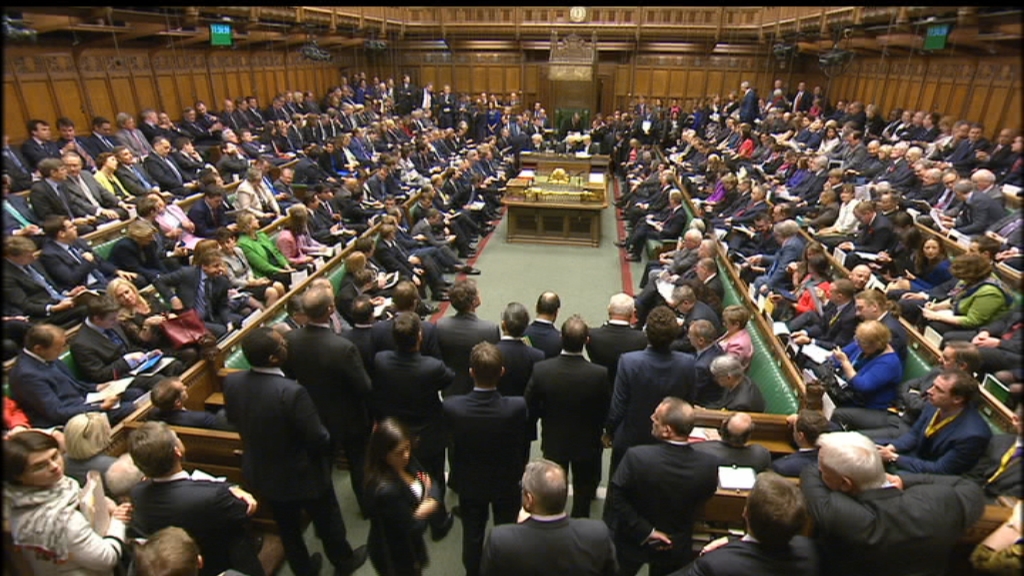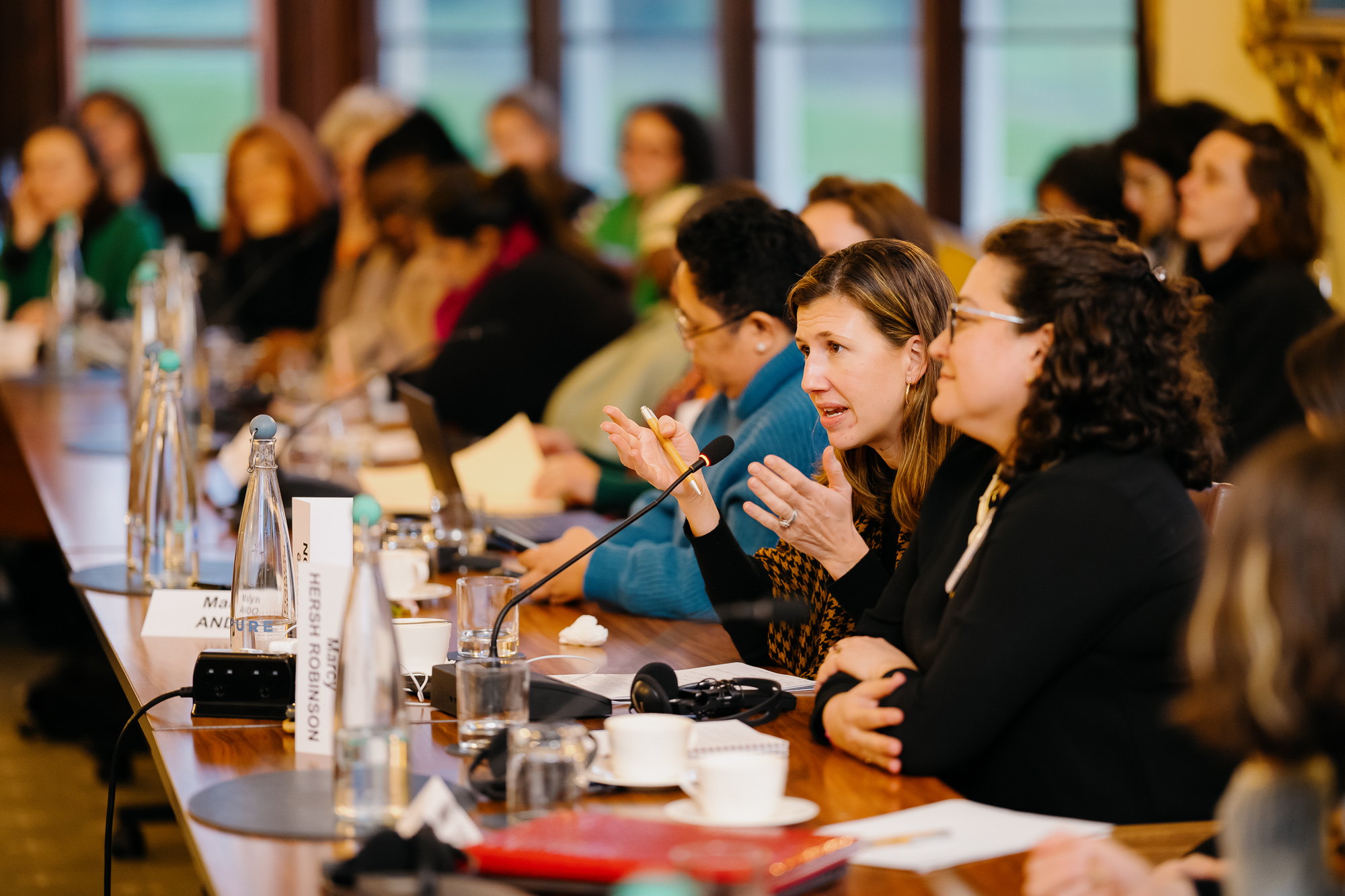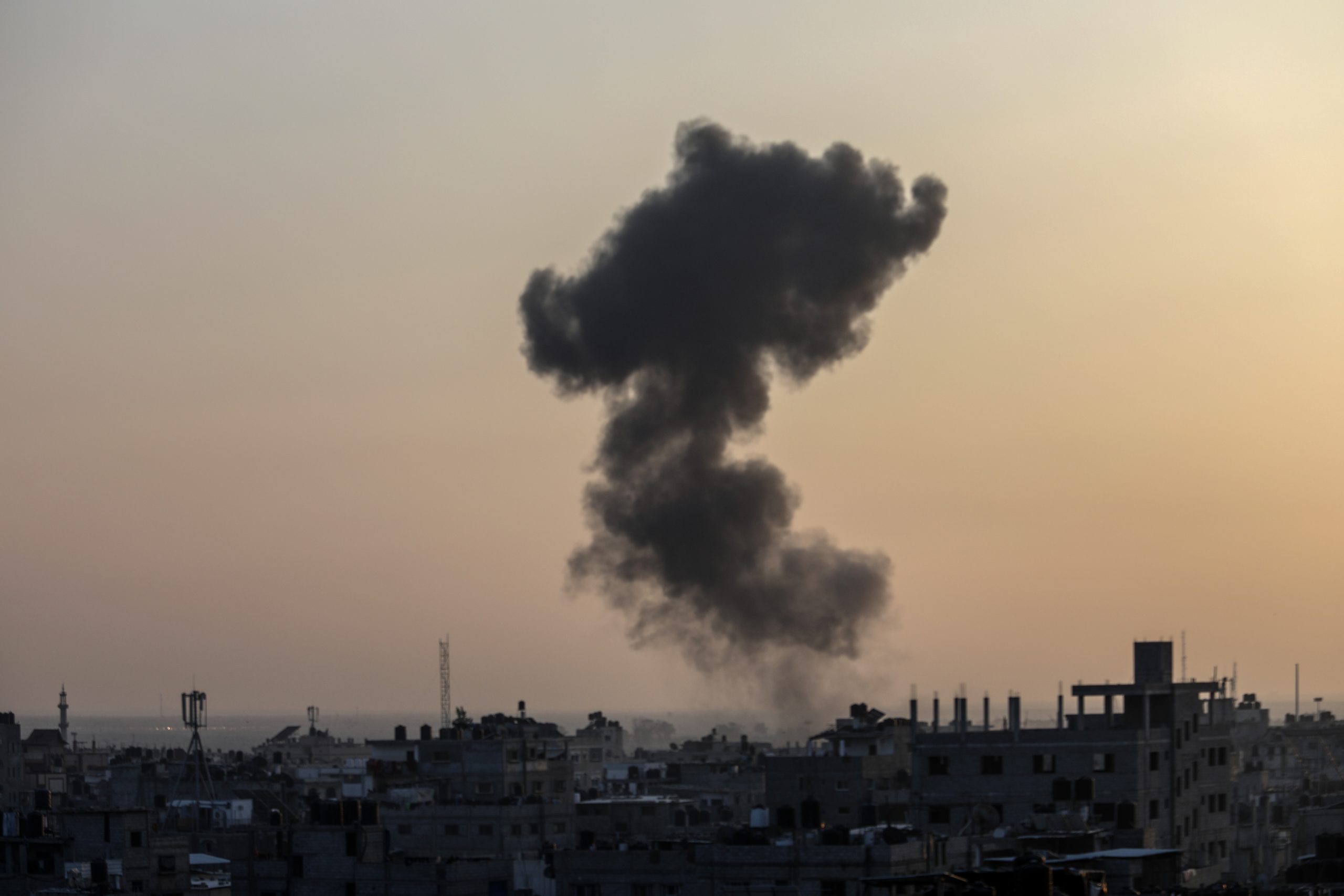In a changing geopolitical landscape, Eastern Europe is becoming more militarised and its future stability much less certain, largely in response to the challenges posed by Russia. Its actions not only threaten former states of the Soviet Union, but the wider region as a whole, and European states and institutions need to adapt to a new security environment in which an assumed trajectory for post-Cold War era relations is being challenged and often diverted in unexpected ways.
With the fallout from the global financial crisis, and ongoing Eurozone crises, fringe political movements and radical parties are finding success at the ballot box. Russian destabilisation efforts, across the hybrid spectrum, are only exacerbating these trends. This is an issue that goes to the heart of European parliamentary democracy, and frank discussion between parliamentarians is required.
Russian action in Ukraine has raised concern over hybrid conflict to acute new levels, not least due to the possibility that Moscow could employ these tactics elsewhere in Europe. Russia’s disinformation campaign and covert tactics in Ukraine have been particularly prominent. It is clear that given the nature of the threat, the full toolbox of instruments available to European nations needs to be marshalled in response. This reassessment needs to include areas such as border security, economic levers, counterpropaganda capabilities, and new mechanisms for the rapid deployment of civilian and military observers. This meeting assessed:
- How parliamentarians help build national resilience to increasing and uncertain security threats, in particular regarding hybrid conflict in new and emerging conflicts which don’t fit into outmoded security paradigms?
- What role parliamentarians can play in countering hybrid threats, and providing compelling alternatives to Russian propaganda?
- How parliaments can address the shortcomings in the ability of western governments to address a method of conflict that will not just blend conventional and irregular capabilities and tactics, but also incorporate political, economic, information, humanitarian and other non-military instruments?
- How the complex dynamics of nationalist movements, minority rights and shifts in the socio-economic fundamentals can be unpacked and understood? How do these trends play elsewhere in Europe and with its near neighbours?
- What the balance is to be struck between internal and external threats to national resilience? Are they mutually exclusive or does building national resilience spill over to collective resilience
- What the role is for parliamentarians in the future of European security policy, institutions and mechanisms for dialogue and cooperation?












